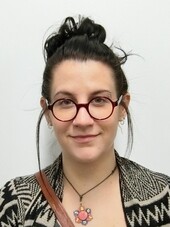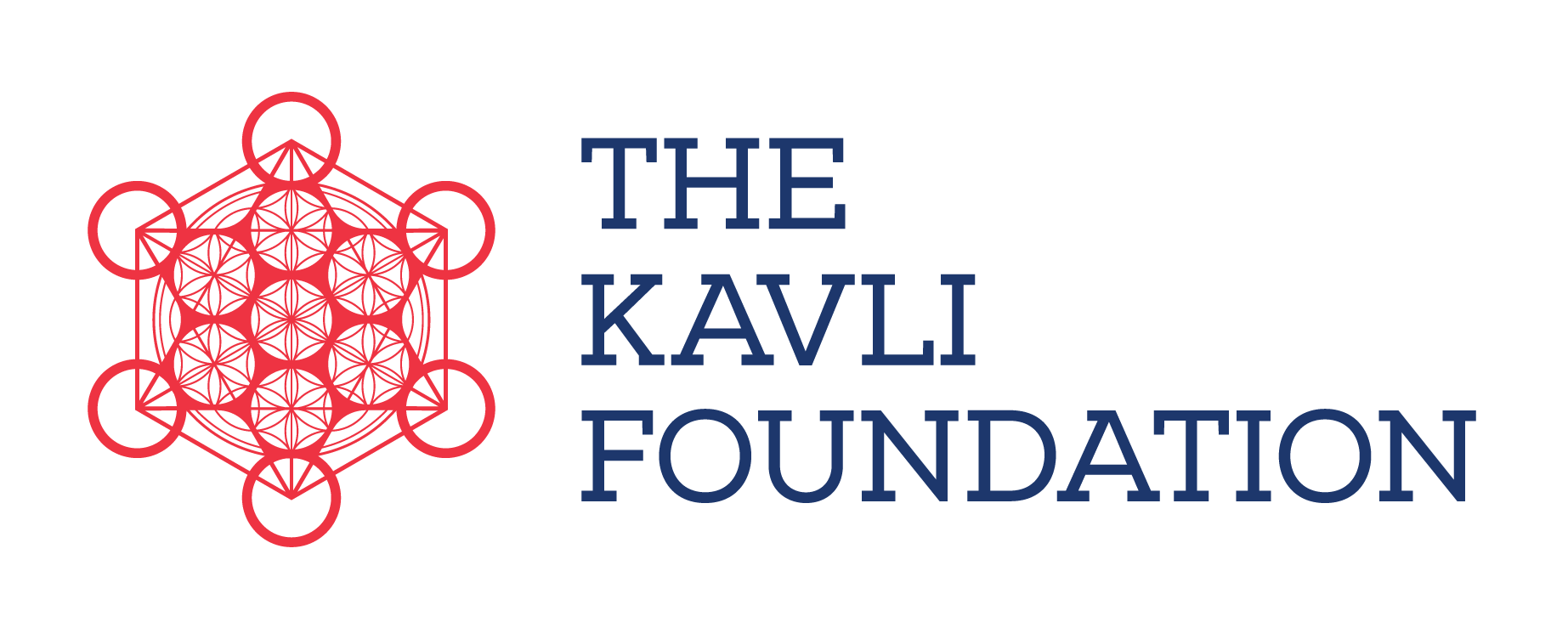Samantha Lynn Stever
|
 |
During my PhD at Institut d'Astrophysique Spatiale (IAS) in Paris, I studied the effect of cosmic rays on highly-sensitive, cryogenic detectors. During my time at IAS, I used several experimental campaigns on a semiconducting bolometer to determine the nature of the detector's thermal and electrical response to ionising radiation. I then applied that knowledge to the X-IFU mission on the Athena telescope via thermal modelling. This important systematic effect is just one of many which threaten the ability of modern space missions to reach their ever-increasing science goals. As the scientific requirements scale, so do the requirements on overall telescope sensitivity. In order to measure the science signal (especially one as difficult as the B-mode polarisation for cosmology missions), we must create instruments which are not only sensitive, but have known and strongly constrained systematic effects.
As a postdoc at IPMU, I am expanding my study of the `cosmic ray problem' to LiteBIRD using experimental and modelling techniques. I will also examine other potential systematic effects in the context of the LiteBIRD mission arising from the polarimeter (half wave plate), its coupling with the detectors, variations of background power on the detectors, and what effect these systematics could have on the measurement of the cosmological B-mode signal. The context of all of this is within the LiteBIRD mission, including the wider international contributions to the high frequency and low frequency instruments (in Japan, in Europe, and in the US).
Due to the commonalities between the technologies used in modern CMB, X-ray, and FIR instruments, the instrumental work (design, systematics, and development) is applicable to the wider astrophysics community. By specialising in systematic effects in particular, I hope to contribute to the ability of modern telescopes to reach their science goals, contributing to decades of new data for international astrophysics teams.
Back to Member List.






